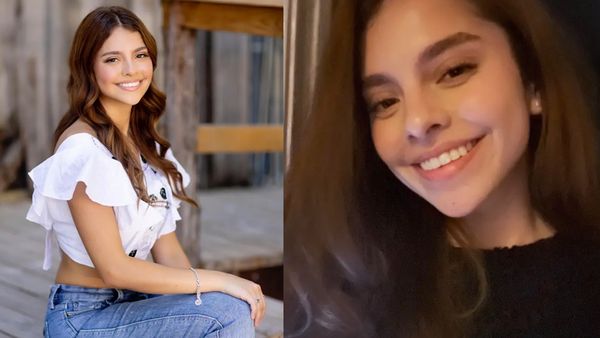
Strolling along Halsted Street in a full-length fur coat and matching hat — her earrings glinting in the sunlight, hair perfect — Gloria Allen might easily have been mistaken for a woman of privilege.
But her beauty was hard-earned, somehow undimmed despite an early life of cruel mocking, beatings — even rape.
And up to her last breath, Ms. Allen wore that beauty not to hide the pain of her past but proudly, defiantly.
“If you act like a lady, you’ll be treated like a lady,” she told a group of attendees at her “Charm School” at the Center on Halsted, 3656 N. Halsted, back in 2015.
Ms. Allen, a Black transgender woman whose resilience inspired generations of queer people in Chicago and far beyond, died Sunday at her home in Lake View. She was 76, friends and family said.
“She modeled dignity and civility and warmth to people who didn’t receive a lot of that and as such, she became very important to them,” said Donald M. Bell, a close friend who lived across the hall from Ms. Allen.
She was born Oct. 6, 1945, in Bowling Green, Kentucky, but grew up in Bronzeville. Her single mother, Alma Allen, was a Jet magazine model. Ms. Allen didn’t grow up knowing her biological father.
“They called her the Black Marilyn Monroe because she was stacked to no end and she could stop traffic walking down the street,” Ms. Allen said, speaking of her mother, in a 2020 documentary about her life, “Mama Gloria.”
Ms. Allen knew she was different at a young age. She was, she said, “prissy.” Ms. Allen’s grandmother was a seamstress who, among other things, made gowns for the South Side drag shows of the day at places like Joe’s De Luxe Club and Roberts Show Club.
As a kid, Ms. Allen was entranced by the glitz and glamor of it all.
“I used to look at my mother and thought, ‘Oh, I wish I could be like her,’” Ms. Allen said. “I knew I was a girl in the wrong body, and I didn’t like it.”
But a young Ms. Allen was transgender at a time when such people were sometimes called “sissies.” She remembered having bottles and bricks thrown at her. As a sophomore in high school, she said, she was sexually assaulted by a group of four teenagers.
“People looked at me like I was just nothing, and they treated me like I was nothing,” she recalled.
But she did not withdraw from life.
“I went back [to high school] and I went back stronger than I was before,” she said. “I kept everybody laughing and I was voted the … friendliest in high school.”
She would eventually embrace her true self, shedding her men’s clothing. She worked as an X-ray technician and later as a nurse at the University of Chicago Hospitals.
She fell in love with a man. The two lived in a little house in Beverly for 10 years. But eventually, he showed his “true colors,” beating her, stubbing out cigarettes on her skin.
One day, on the Dan Ryan Expressway, she’d had enough. She pulled out a handgun from her purse and shot her boyfriend. Somehow, he survived and never told authorities how he’d been injured, Ms. Allen said in the documentary. She left him.
Friends said Ms. Allen began transitioning physically in the mid-1980s, not finishing until 2021.
And she would spend much of her life talking to trans youth, reassuring them. She started a class at the Center on Halsted called “Charm School” — later the inspiration for an off-Broadway play in New York.
“It’s kind of antiquated, but so was Gloria in many ways,” said Luchina Fisher, who directed “Mama Gloria.” “She was proper, she came from a family that held themselves proudly, that dressed a certain way and spoke a certain way in public, and that was important to her.
“She wanted to see young people handle themselves in a similar way and recognized that a lot of these kids didn’t have the same teachings at home that she did. … She was showing love, showing care, being a mother to these folks.”
Or as Bell, her friend and neighbor, put it: “You find that most people who are this giving have gone through challenges in their lives, and they recognize that the best way to get through and survive them is by being the kind of person that you would like to encounter in your own world.”
Funeral arrangements are pending.







